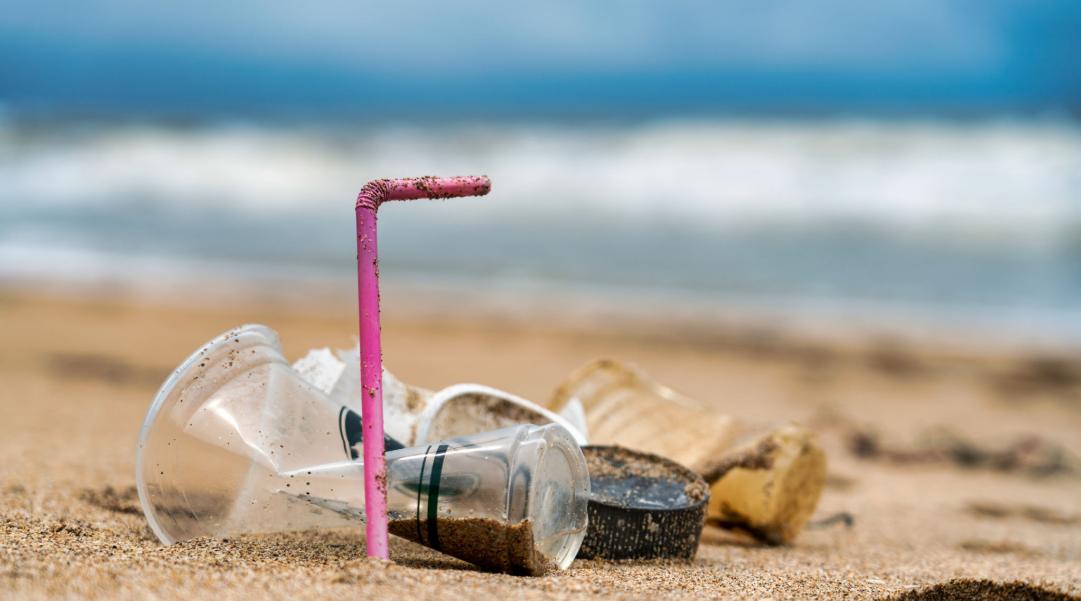Each year more than eight tons of plastic waste is dumped into our oceans. Strawlessocean.org disclosed that marine creatures only have 50% chance of surviving after ingesting plastic substances. In fact, about 70% of seabirds and 30% of turtles were discovered with plastic inside their stomachs.
Disposable Plastic
By 2025, it is expected that plastic garbage in our oceans will reach around 16 million tons. Straws are among the items that contribute to this figure and found in the top 10 list of coastal clear-outs. Plastic straws fall under the category of single-use or disposable plastics which denote a vicious variety of this material.
These synthetic materials have a very brief lifespan. Straws are used once and thrown to the garbage bin. Just like all forms of plastic, the straw is not biodegradable and takes centuries before breaking down. Said items end up in our oceans in large volumes because of human blunder. These are often left on seashores in resorts and coastal towns worldwide or spill from trash cans, seagoing vessels, and other vehicles. Unfortunately, not all communities maintain responsibility.
Harmful Impact
Plastics are nor capable of biodegrading and degrading completely. Biodegrading means breaking down the natural way and being absorbed by microorganisms. Then, the materials are reprocessed into new organic particles. Degrading refers to splitting into smaller parts or pieces. Straws take at least two centuries before degrading and still remain on earth. The process releases toxic chemicals that harm the environment and nature (flora and fauna).
As of the early part of this year, the TIDES public data system of Ocean Conservancy revealed that straws and stirrers are only the 11th most retrieved ocean rubbish in cleanups which is a small 3%. Aside from the adverse effect on marine life, there are also health-related issues that surround plastic. Toxic BPA chemical was discovered in plastic packages in 2008 which means some plastics emit artificial estrogen that causes severe health conditions.
Ban on Plastic Straws
Many states in the USA and governments have started to ban, boycott, or tax plastic products such as straws in their attempt to prevent seaborne plastic waste. In the United States, California was the first state government to outlaw plastic bags. In the international community countries, France will prohibit the use of plastic utensils starting 2020. China, Kenya, Bangladesh, Rwanda, and Macedonia also have laws against the use of plastic materials.
San Francisco also forbids the use of polystyrene like Styrofoam food containers, packages for peanuts, and plastic cups. Anti-plastic straw campaigns have proliferated worldwide. The Last Plastic Straw (https://thelastplasticstraw.org/) strives to educate households on the hazards of plastic straws. The organization has launched an initiative inviting bars and restaurants to give their customers straws only upon request.
Stopping Use of Plastic Straws
The rate Americans use and discard straws is quite alarming at 500 million daily. We since rely hope this frightening issue is resolved through the combined efforts of private citizens, the business community, bureaucracies, and environmental advocates globally.


Leave a Reply